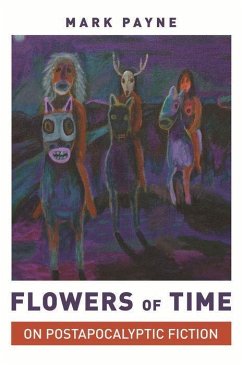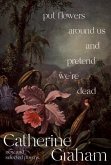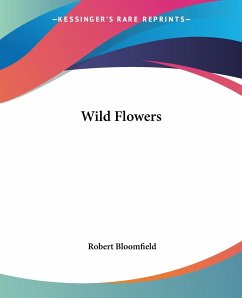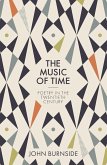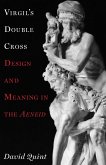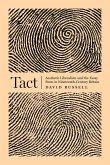"For all of its current popularity, contemporary apocalyptic fiction-novels set during or after events that devastate the world as we know it-is part of a long tradition that includes the Biblical story of Noah, the epic of Gilgamesh, and the Works and Days of the ancient Greek poet Hesiod, as well as the vast array of modern examples. In this short, essayistic book, the author focuses on twentieth- and twenty-first-century fiction in which new forms of life emerge from catastrophe, how the survivors adapt to the altered conditions of existence, and the various ways in which the past asserts its claims on them-both the immediate past of the world that was lost, and the deep past of prehistory and imagination that returns with this loss. In Payne's view, "post-apocalyptic fiction is political theory in fictional form. Instead of producing arguments in favor of a particular form of life, it shows what it would be like to live that life." In a world in which there is no more capitalism and no more nation state, characters have to relearn basic survival skills and return to earlier forms of social life. They acquire new capabilities, which bring new satisfactions they could not have anticipated in the world that is gone. In the post-apocalyptic world, they disentangle themselves from old ways of thinking and their misconceptions of human happiness. In this way, Payne argues, post-apocalyptic fiction is the pastoral of our time. The individualism and small-scale social relations of post-apocalyptic fiction are not naèive, but instead the necessary ground for choosing the freedoms and capabilities readers would want to see preserved in any future collective that might emerge from them"--
Bitte wählen Sie Ihr Anliegen aus.
Rechnungen
Retourenschein anfordern
Bestellstatus
Storno

